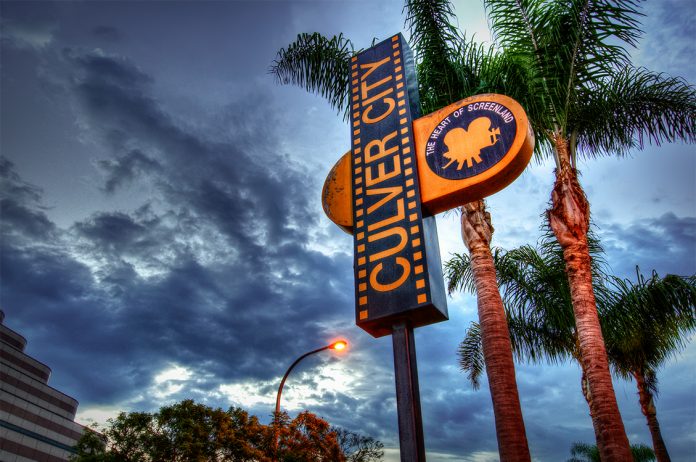ANOTHER CRIME-FIGHTING TOOL
Police, fire departments could begin using drones within months
By Steve Montgomery
Like their Los Angeles Police Dept. counterparts, the Culver City Police Dept. could have drones by the end of this year.
The City Council approved an appropriation of $70,000 for the department to purchase equipment for the drones during this year’s budget negotiations.
Culver City law enforcement officials view drones as another tool in their crime-fighting arsenal that can be used to protect its officers and the public, said Capt. Jason Sims. “Use of the UAV (unmanned aerial vehicle) will be a joint effort between the police department and the fire department,” Sims explained. “Currently we’re asking for bids for the equipment that we need for the program.”
Sims said the department is seeking to purchase two operational drones and two that would be used for training purposes. The police department hopes to have them in place by the end of the year or next spring.
Drones can be used when officers are searching for suspects in dense or darkened areas and places where it might be difficult for officers to access.
On Jan. 21, 2016, suspects who robbed a One West Bank branch in Raintree Plaza temporarily escaped on foot and were seen running into a residential neighborhood off Jefferson Avenue and near El Rincón Elementary School on Jefferson. They were later captured, but Sims says these types of situations would be ideal for the deployment of a drone.
“We think they would be very effective as a long enforcement and as a public safety tool in conditions like the pursuit of a suspect, a bomb threat, in an active shooter situation or [the One West Bank robbery],” the captain said. “We see them as a vital public safety tool that can not only help protect our officers but our citizens as well.”
LAPD recently announced its plans to deploy drones after the Los Angeles Police Commission voted 3-1 on Oct. 17 to authorize a pilot program when the drone would be used by its SWAT teams in “dangerous, high-risk tactical situations and improve situational awareness capabilities during natural disasters and catastrophic incidents,” according to the draft proposal said.
The department acquired two drones in May from the Seattle Police Dept. but has not deployed them due to public scrutiny.
The Stop LADP Spying Coalition, an anti-drone group concerned with the potential loss of privacy and civil liberties due what the groups calls government surveillance, is steadfastly against the use of drones.
The group held a meeting on Oct, 24 that included the discussions on Identifying various forms of human and electronic surveillance programs, learning about data mining and algorithms and also challenging a culture of fear and suspicion,” according to its Facebook page.
Sims says his department is well aware of the anxiety around civil liberties and will take the proper steps to try to ensure that no residents’ rights are violated while using the drones. “We’re very sensitive to these concerns and we’re working on a policy that would be very specific,” said Sims, noting that there are already defined laws pertaining to search and seizure.
Councilwoman Meghan Sahli-Wells agrees with giving the police more ability to pursue suspects and protect citizens with drones and is also very conscious about the need to prevent unlawful surveillance. “We’re not going to be flying the drones on a systematic basis,” said Sahli-Wells, who was at Raintree Plaza on the day of the bank robbery. “Drones can be activated much quicker than a helicopter and cause less noise pollution.”
The officers who operate the drones are required to be trained and the drones must receive clearance from the Federal Aviation Administration.
Gary Walker contributed to this story.

